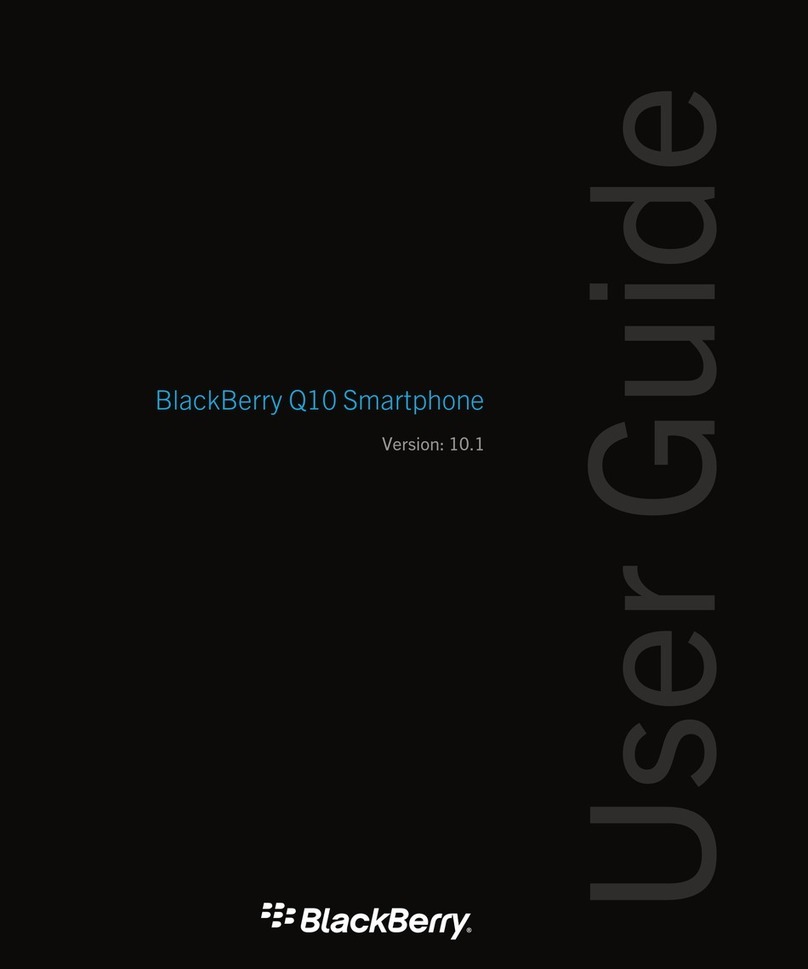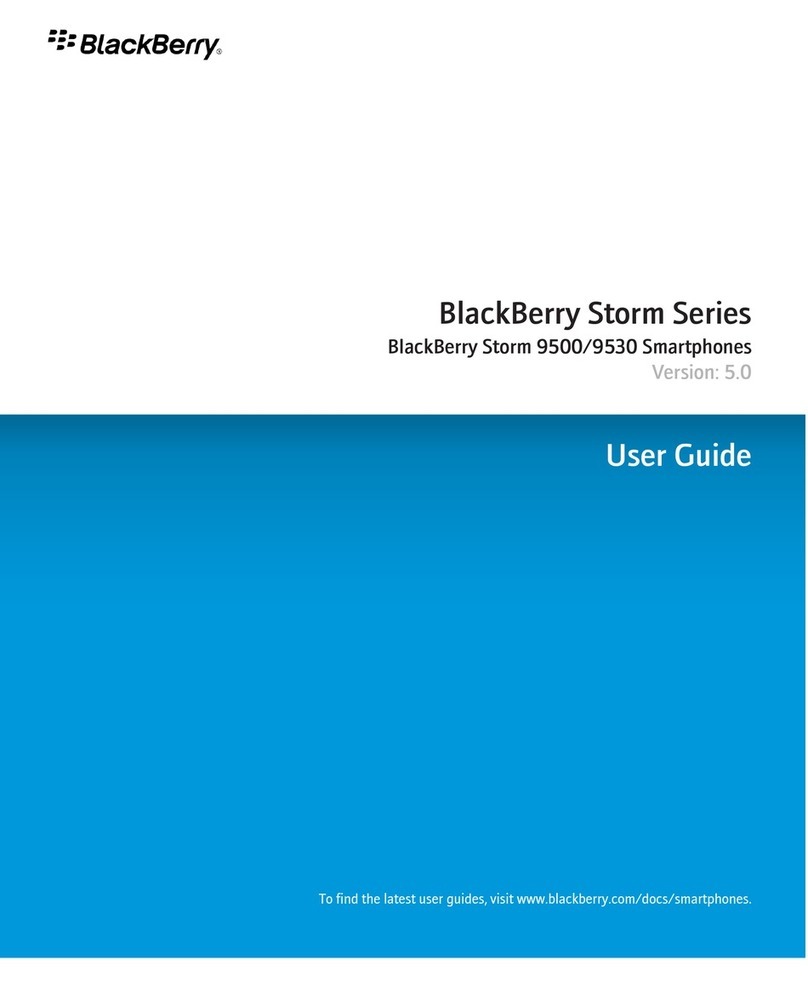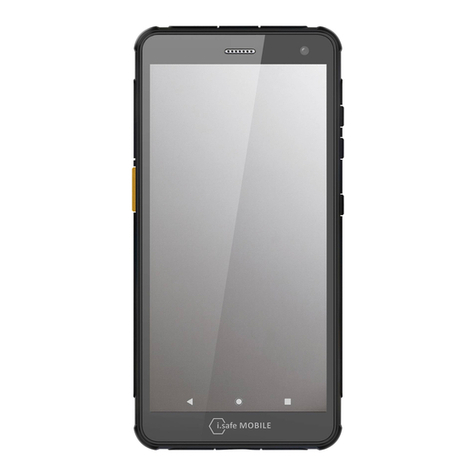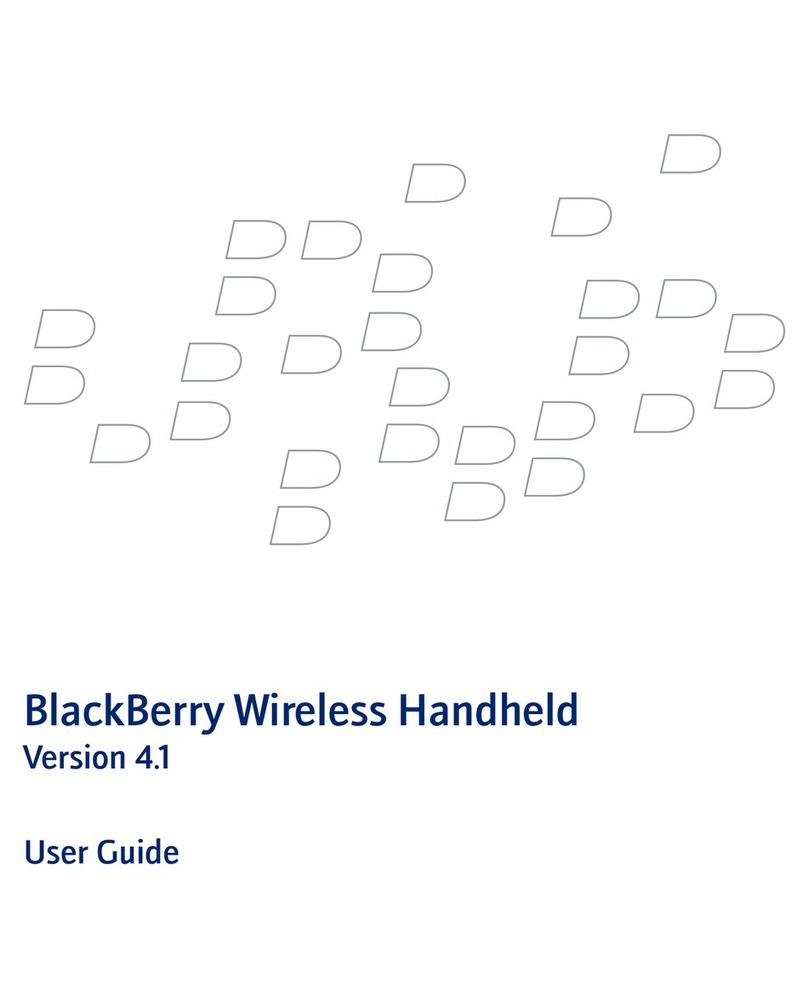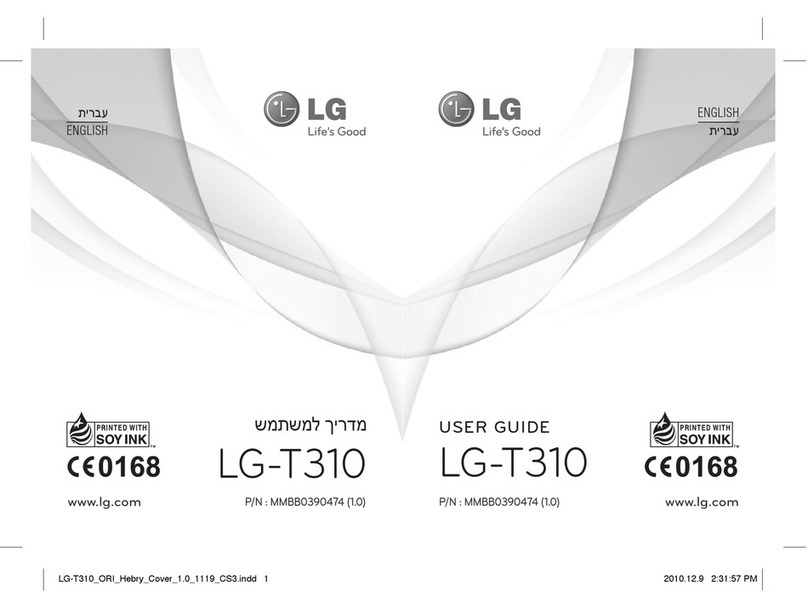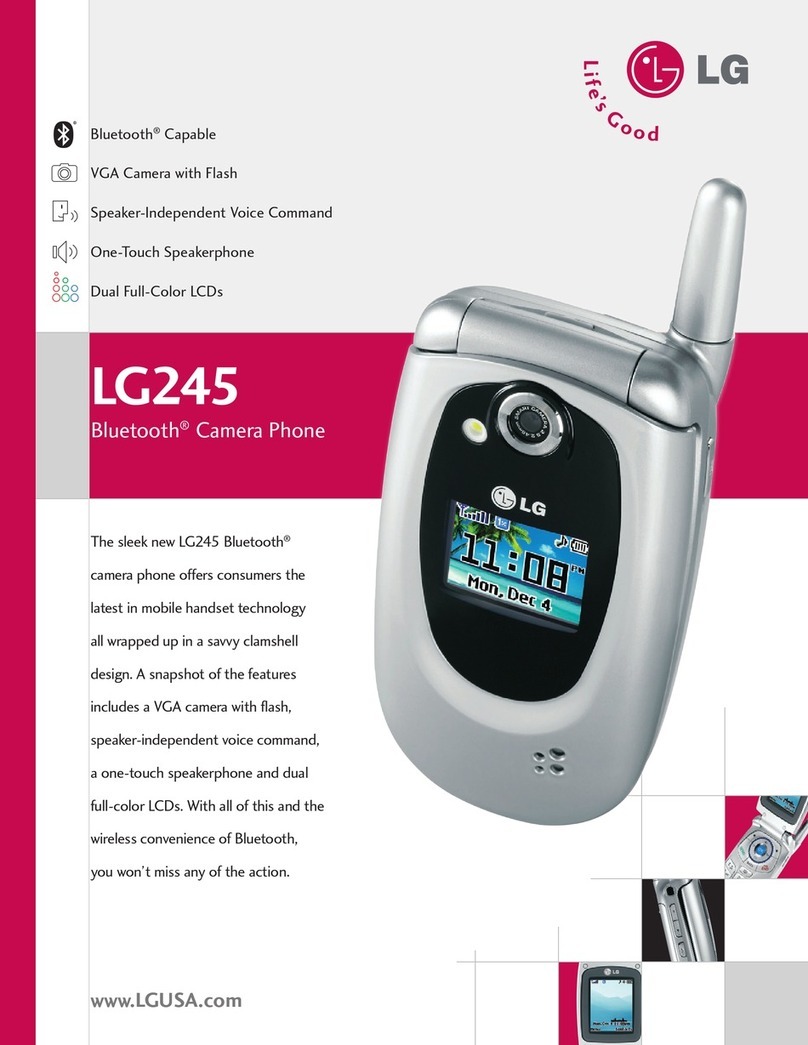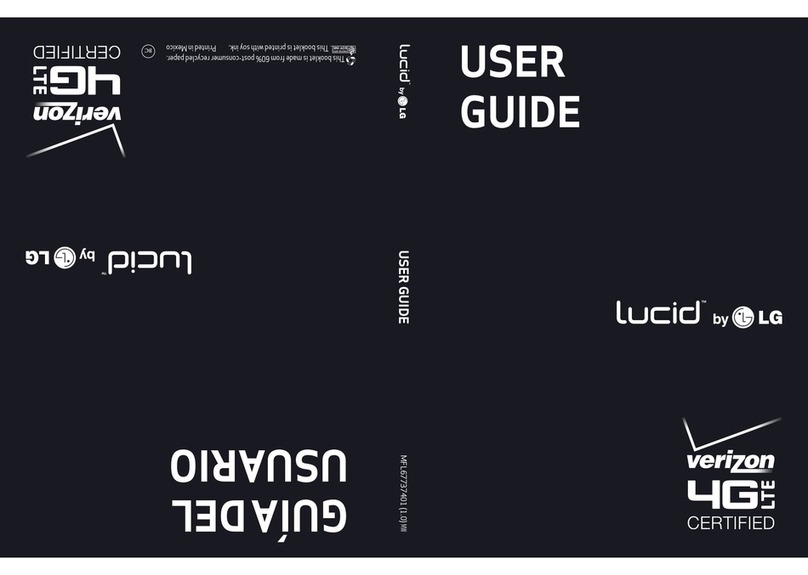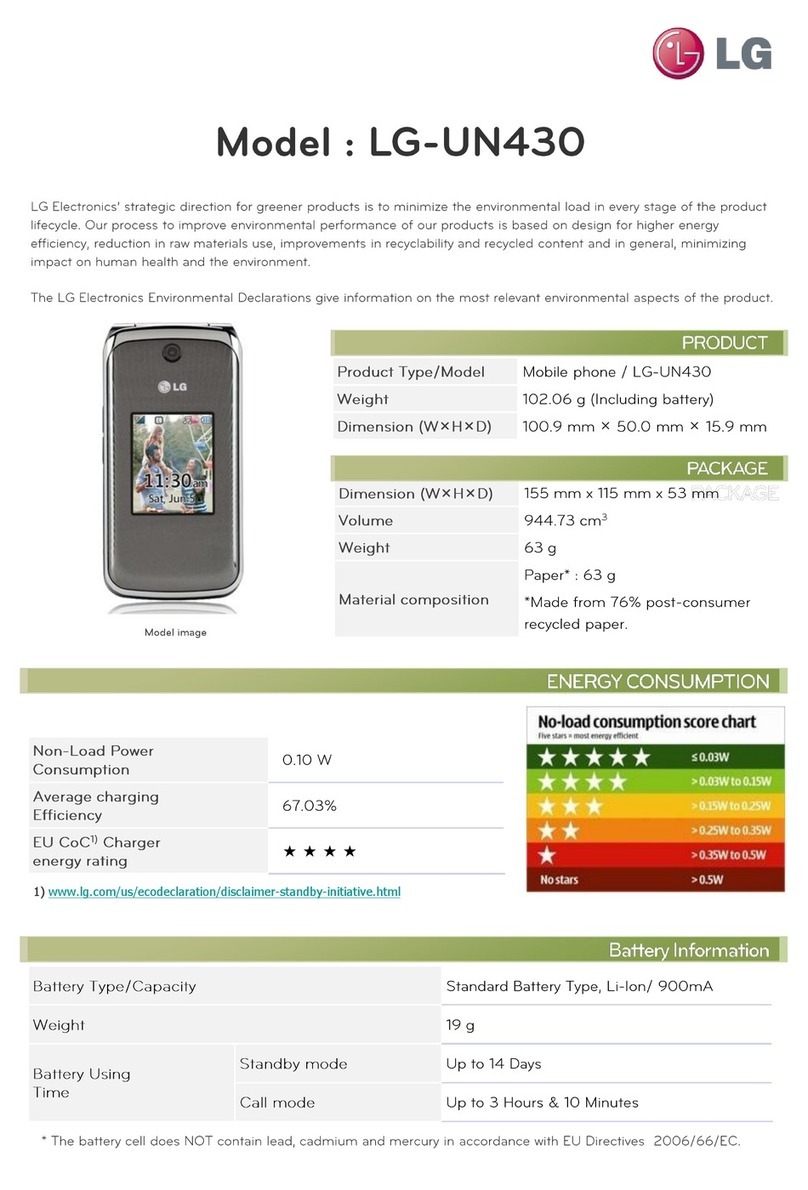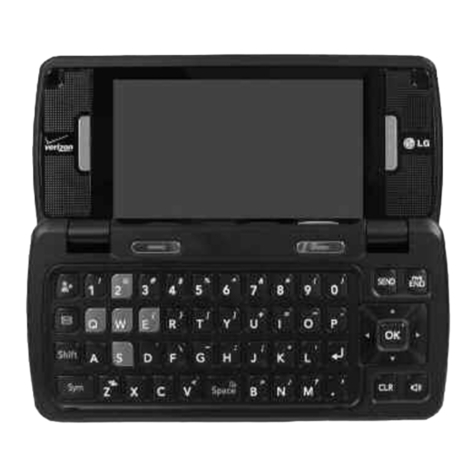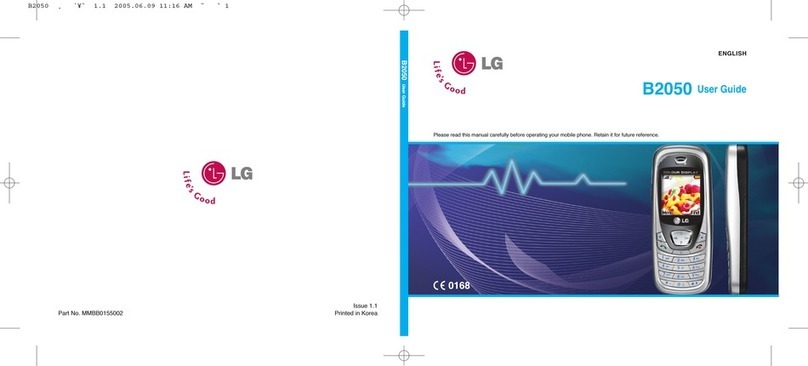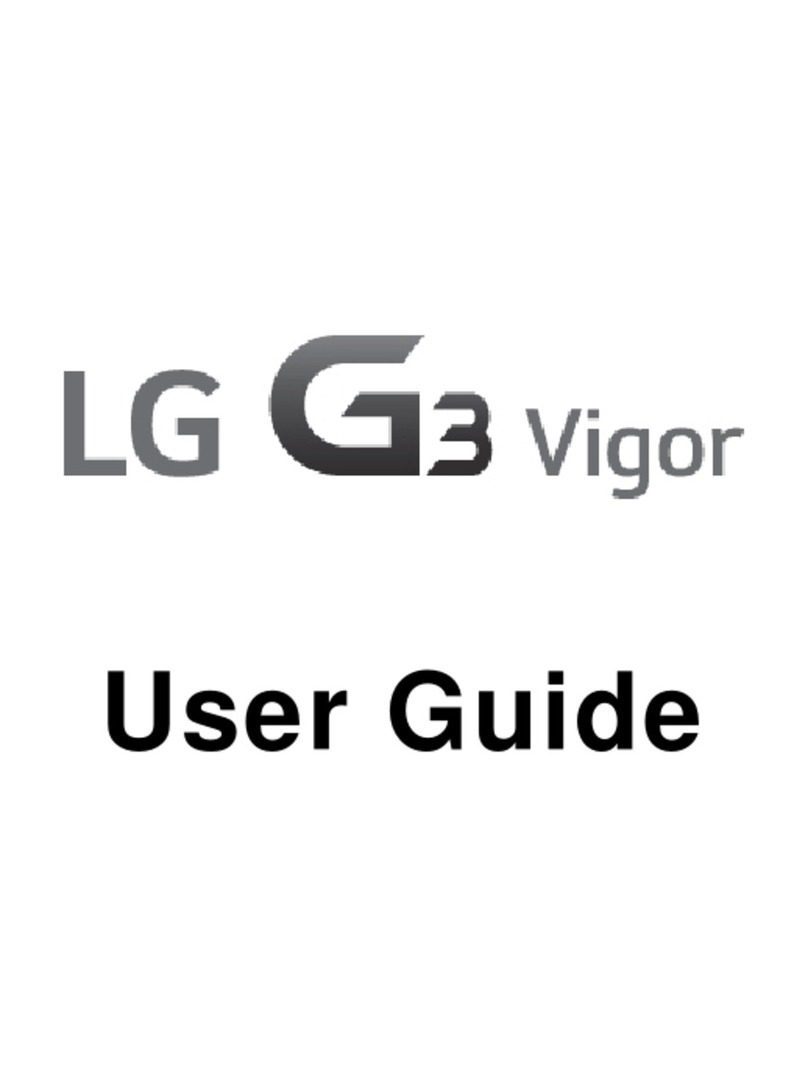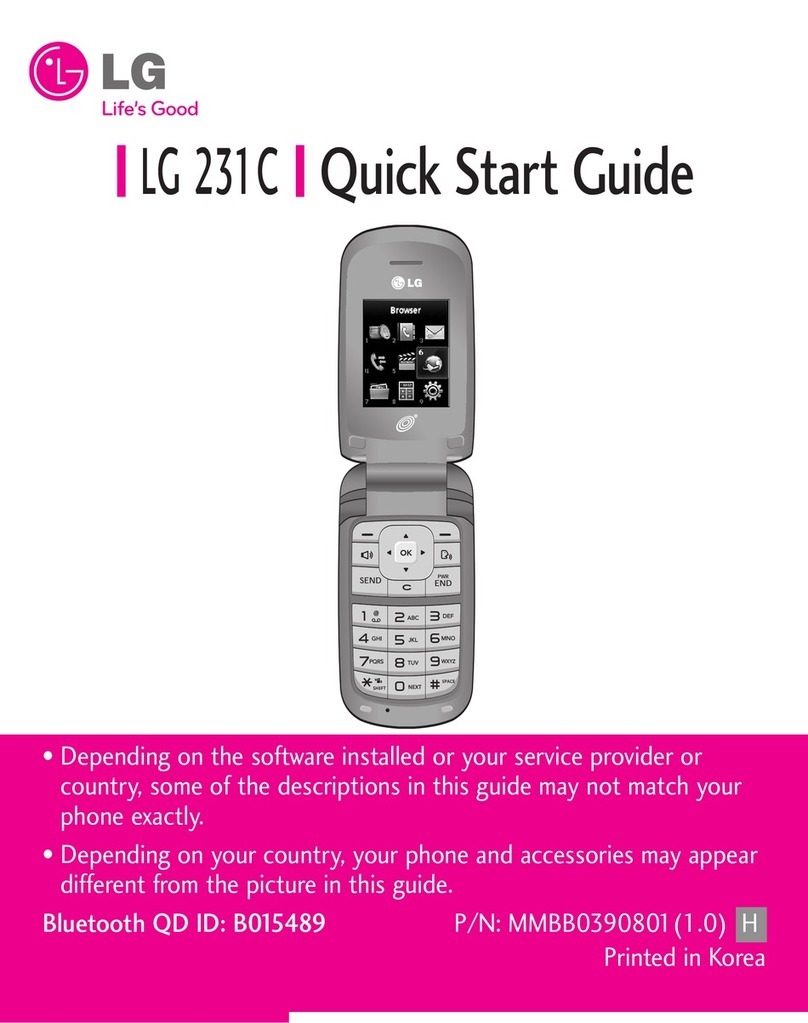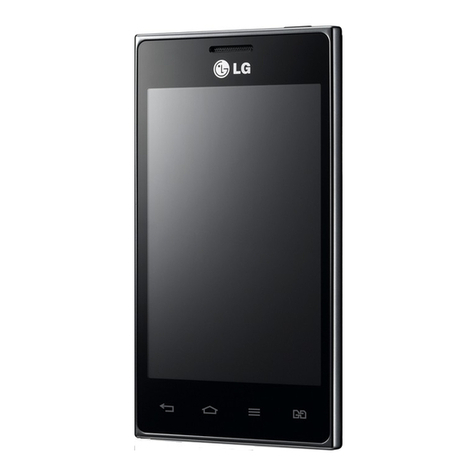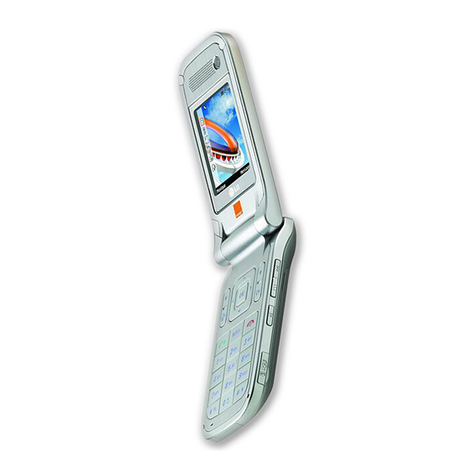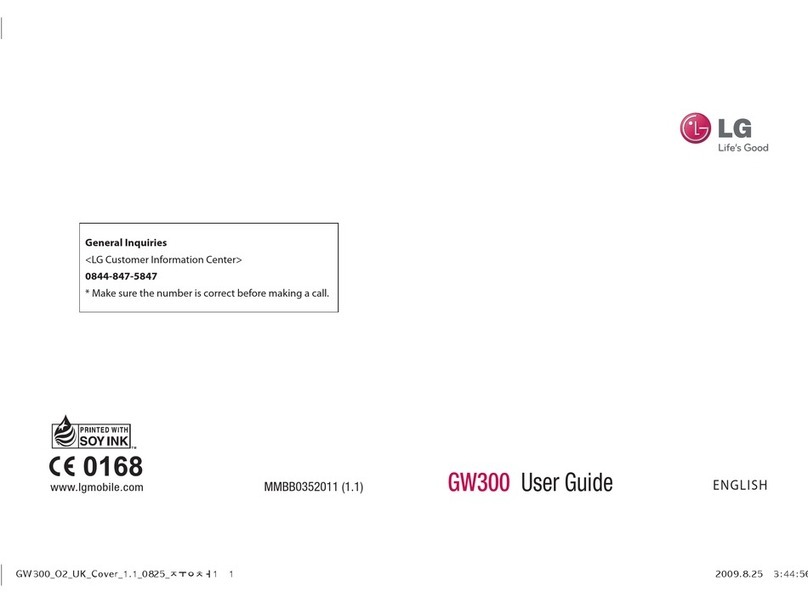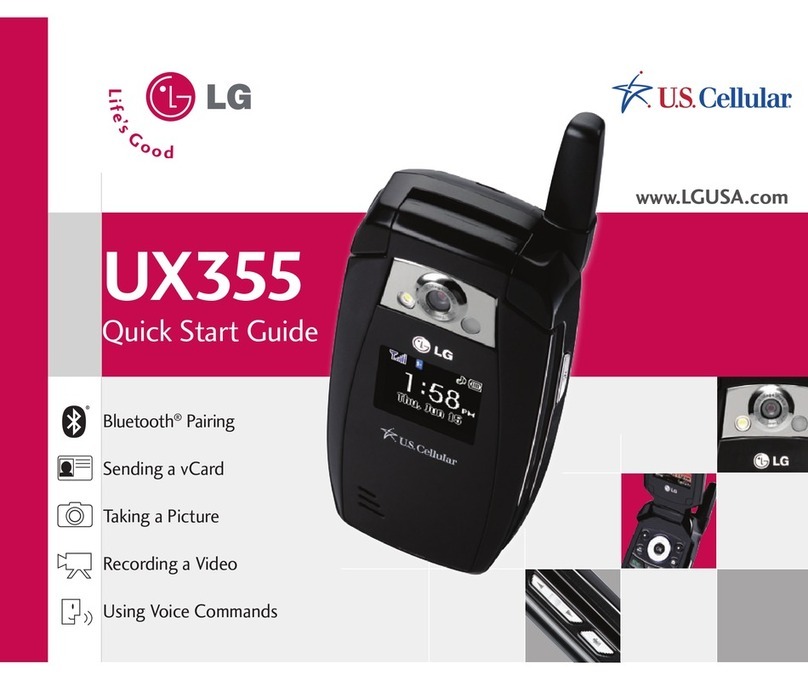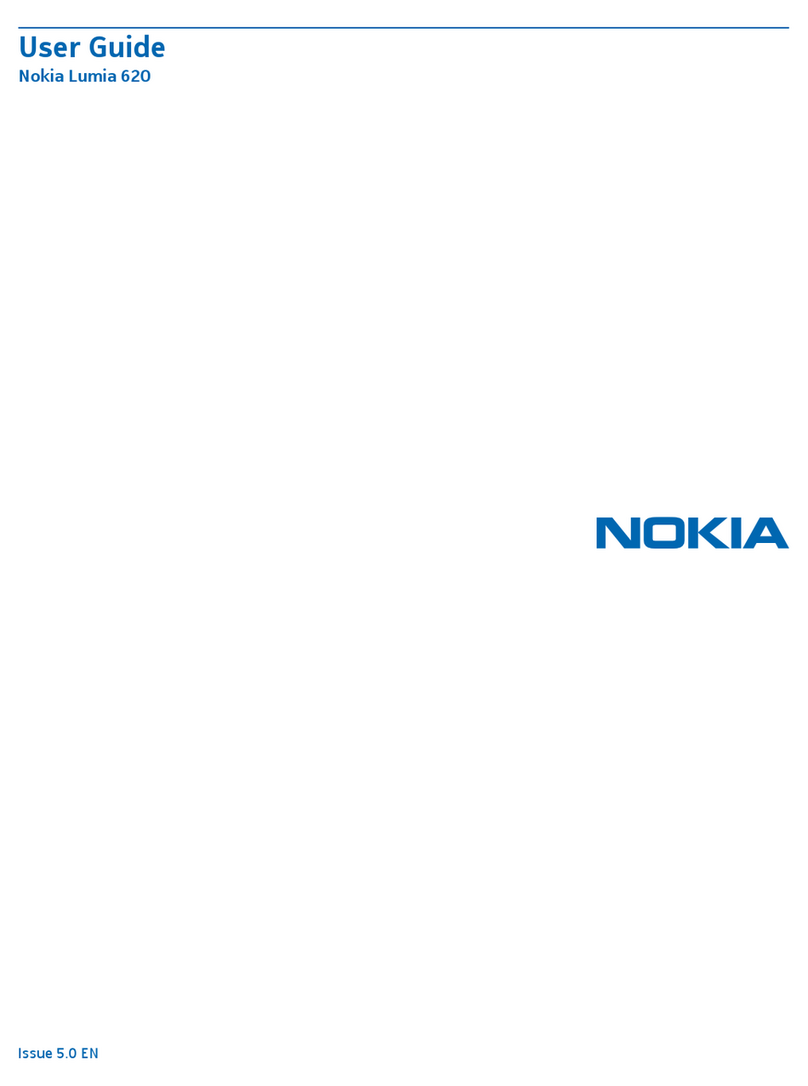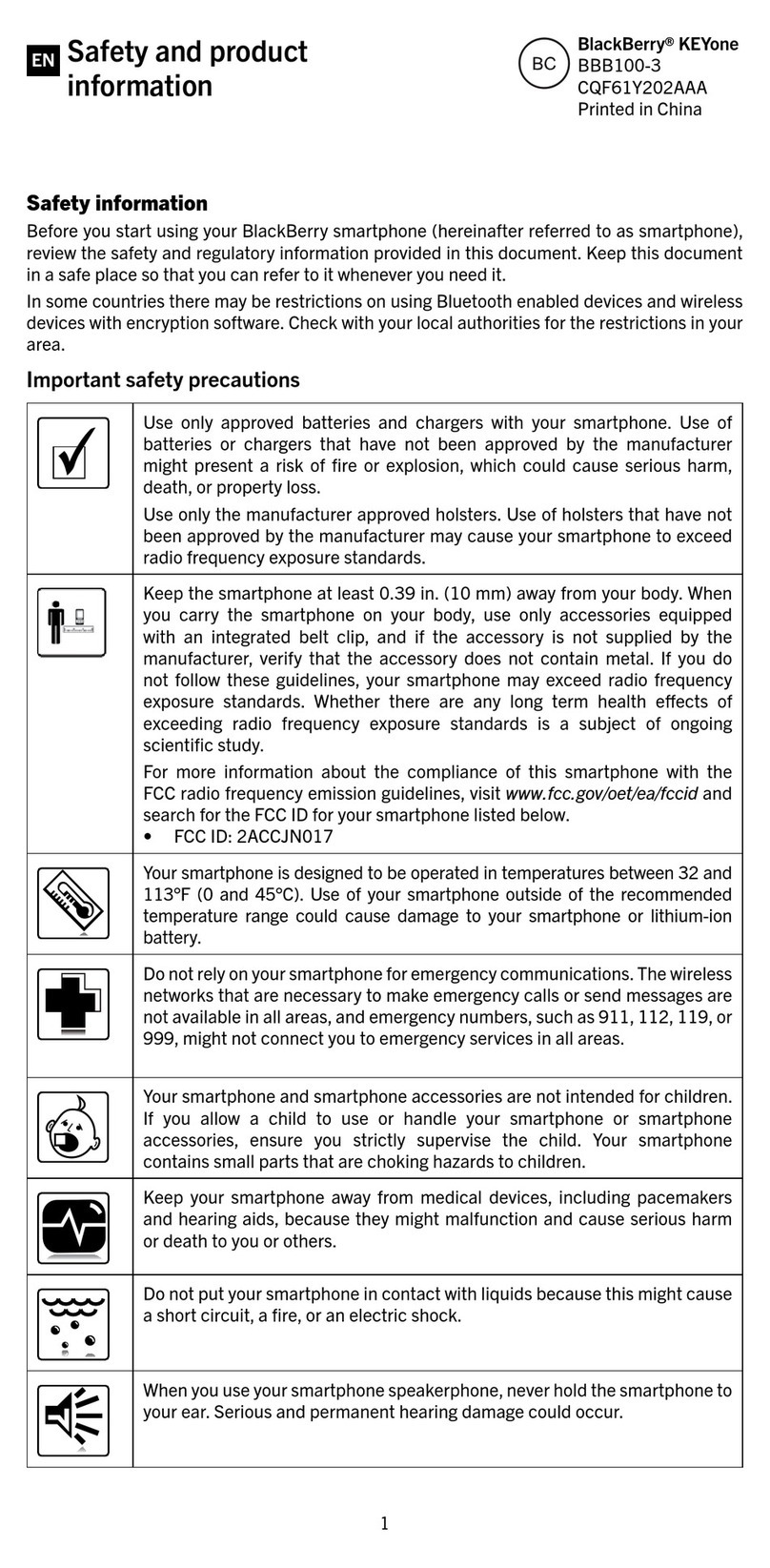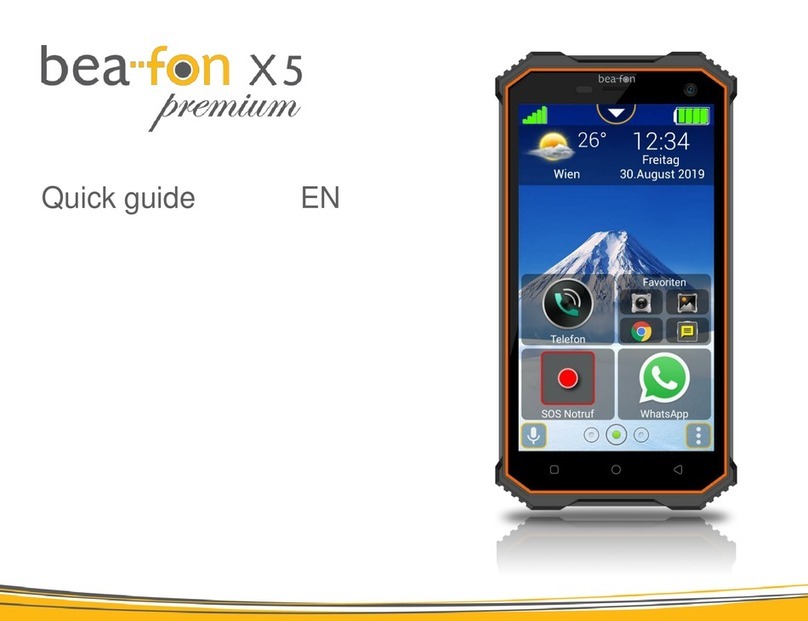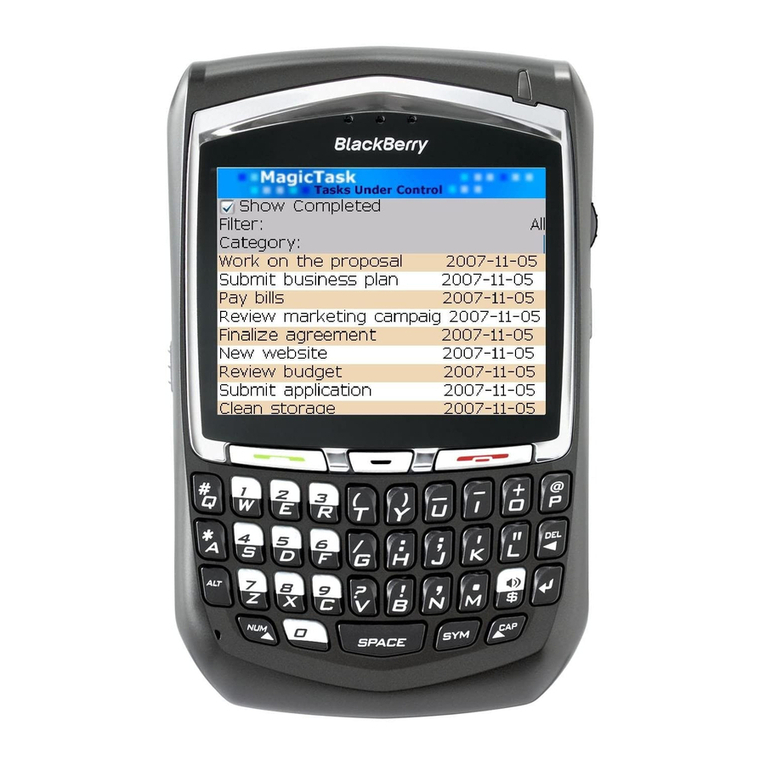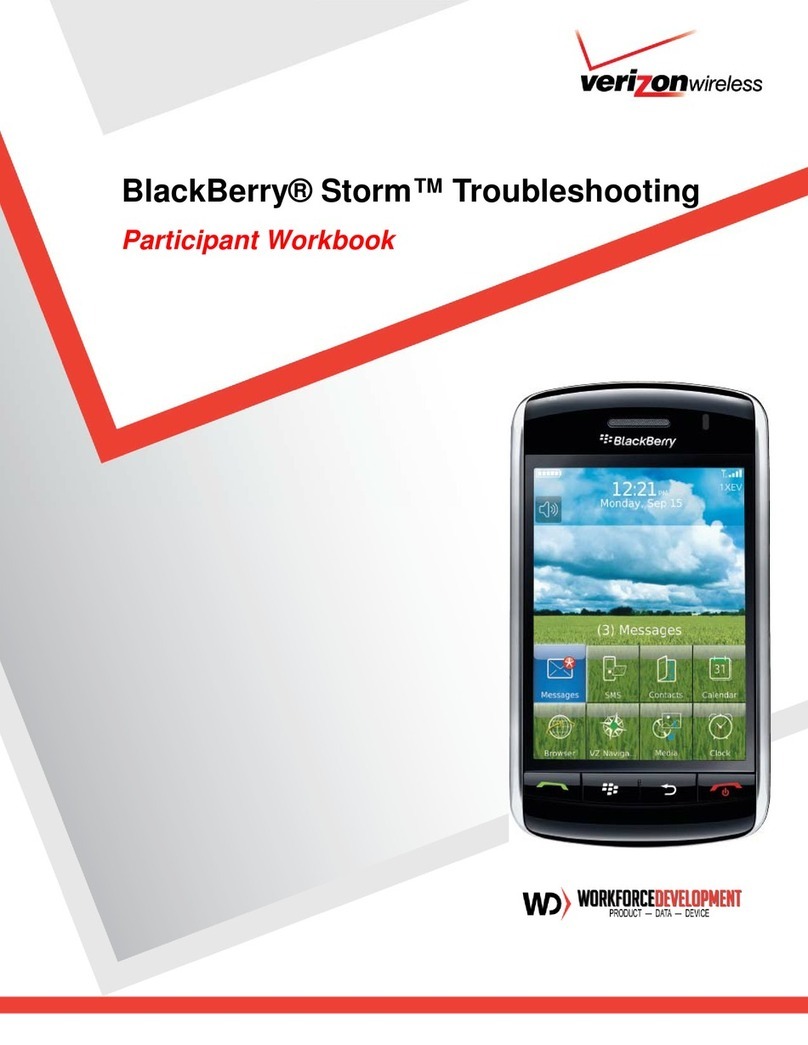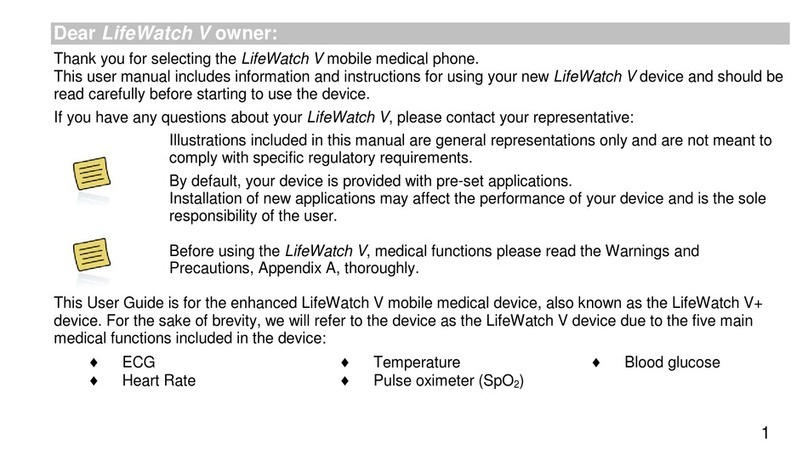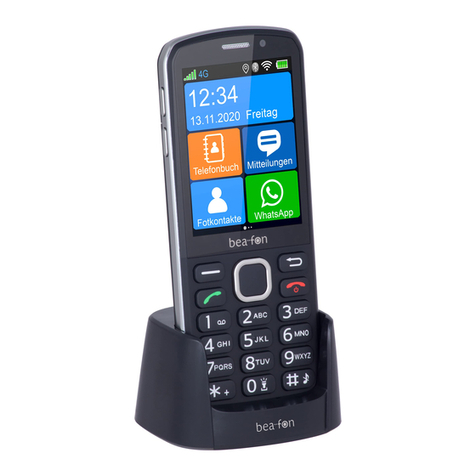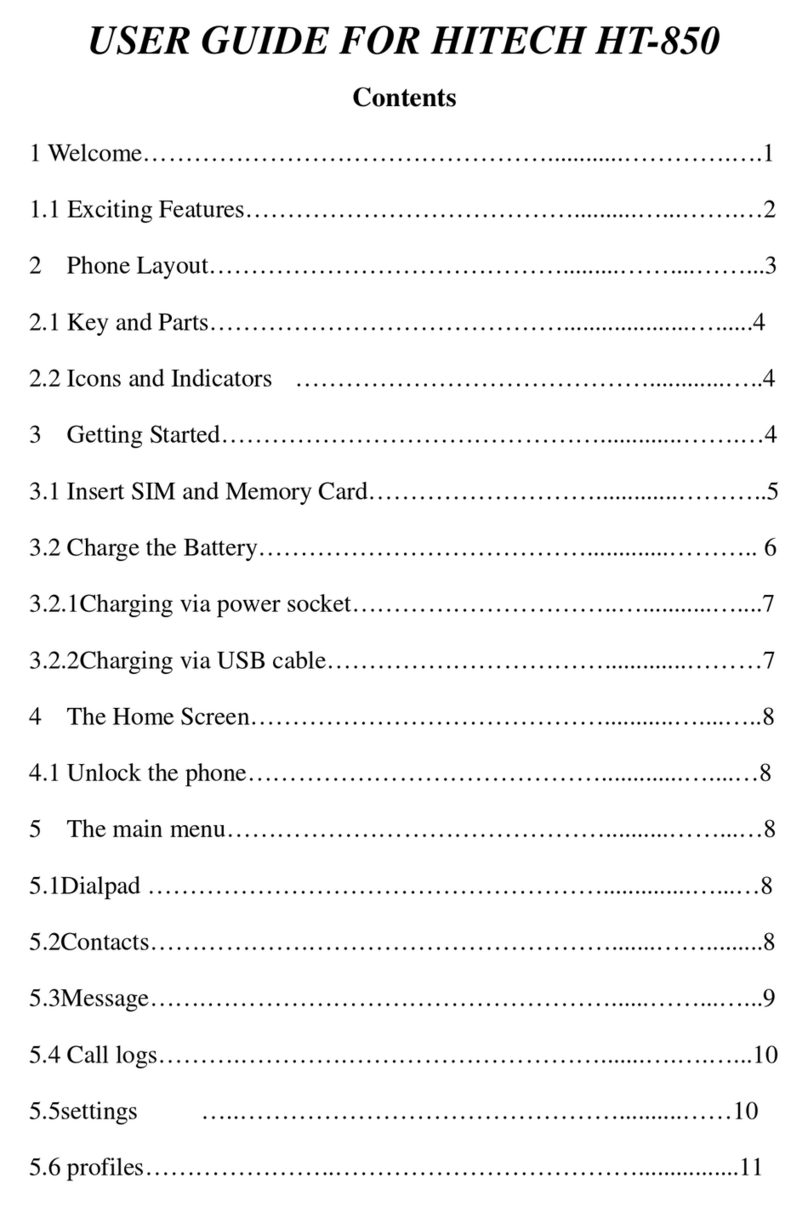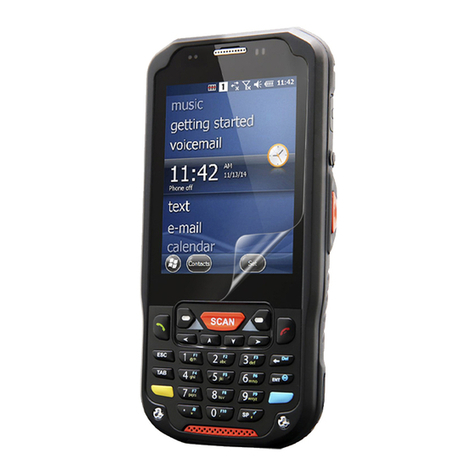- 3 -
Copyright © 2009 LG Electronics. Inc. All right reserved.
Only for training and service purposes
LGE Internal Use Only
Table Of Contents
1. Introduction ...................................................5
1.1 Purpose......................................................................5
1.2 Regulatory Information.................................................5
1.3 Abbreviation................................................................7
2. performance................................................... 9
2.1 Supporting Standard....................................................9
2.2. Main Parts .................................................................9
2.3 H/W features.............................................................10
2.4 HW Spec. .................................................................12
3. BB Circuit Technical brief............................ 18
3.1 Functional Block Diagram ..........................................18
3.2 Baseband Processor Introduction ...............................19
3.3 Power management IC...............................................33
3.4. Power ON/OFF .........................................................40
3.5 SIM Interface.............................................................41
3.6 T - Flash connector....................................................42
3.7 Memory ....................................................................43
3.8 LCD Display ..............................................................44
3.9 keypad back-light illumination ....................................45
3.10 LCD back-light illumination ......................................46
3.11 Battery voltage monitor............................................48
3.12 Audio......................................................................49
3.13 WLAN/Bluetooth/FM (RWFS-B971A).........................52
3.14 5PIN Interface connector..........................................55
4. RF Circuit Technical Brief ............................ 56
4.1 General Description ...................................................56
4.2 GSM Part..................................................................59
4.3 WCDMA Part.............................................................63
4.4 GSM Power Amplifier Module.....................................66
4.5 WCDMA Band1/8 Power Amplifier Module ..................67
4.6 WCDMA Band1/8 Low Noise Amplifier........................68
4.7 WCDMA Band1 Duplexer ...........................................69
4.8 WCDMA Band8 Duplexer ...........................................70
5. Trouble shooting .......................................... 71
5.1. Trouble shooting test setup........................................71
5.2. Power on trouble ......................................................72
5.3 Charging Trouble .......................................................75
5.4 SIM Detect Trouble ....................................................77
5.5 Three-KEY backlight Trouble.......................................80
5.6 Micro SD Trouble.......................................................81
5.7 Audio Trouble ............................................................83
5.8 Microphone Trouble ...................................................89
5.9 3M Camera Trouble ...................................................93
5.10 Main LCD Trouble ....................................................95
5.11 Touch Sensor ..........................................................97
5.12 WiFi /Bluetooth Trouble ............................................99
6. Download & S/W upgrade .........................104
7. Block diagram............................................115
8. Circuit Diagram.......................................... 117
9. BGA Pin Map .............................................. 123
10. PCB Layout............................................... 127
11. RF Calibration .......................................... 129
11.1 Test Equipment Setup ............................................129
11.2 Calibration Step.....................................................129
12. Exploded view & Replacement part list .135
12.1 Exploded view .......................................................135
12.2 Replacement Parts ................................................137
12.3 Accessory .............................................................159
